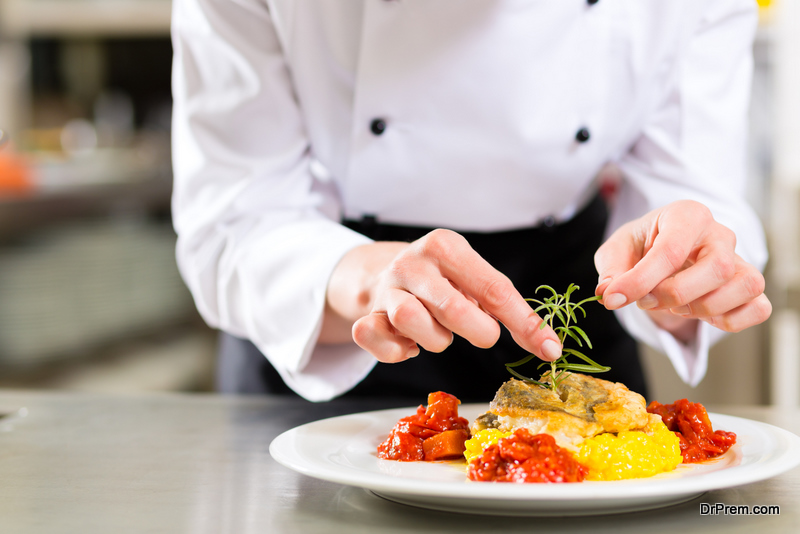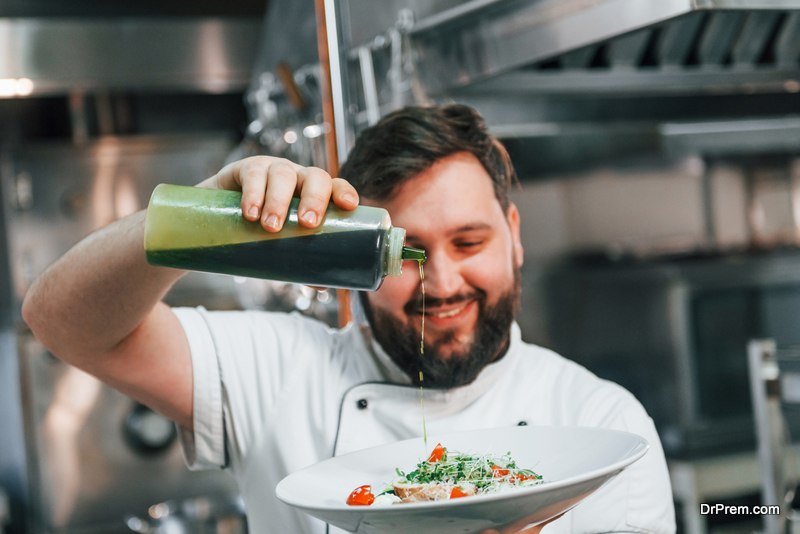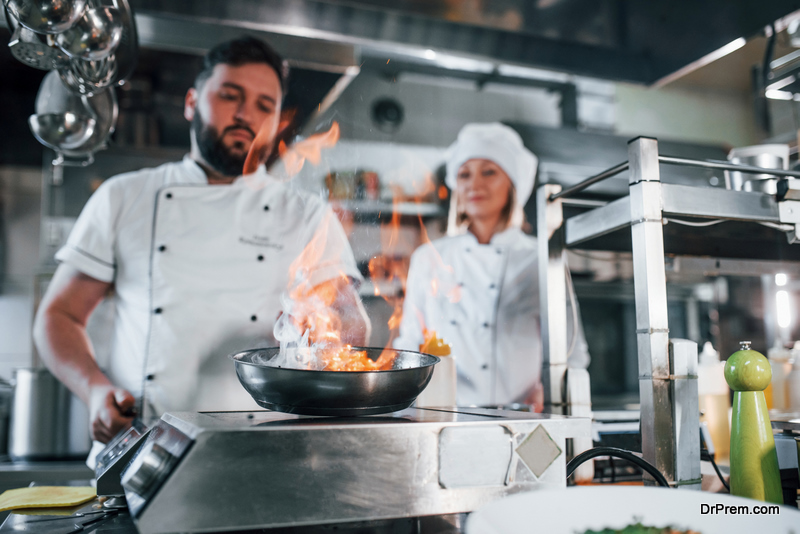The food services industry is booming, with thousands of food providers per region. People with busy lifestyles, running from one appointment to the next, need fast food on the go that they can grab on the way. Some prefer healthier options than others, thus the diverse kinds of food available worldwide.
A business that serves food to others has precise guidelines to follow for its customers to remain happy and healthy. Like most other industries, some parts of the world could heavily regulate these businesses for the safety of all. There are basic food safety guidelines that will ensure food businesses follow the best practices for food business, and below are a few to consider:
1. Properly Inspect All Ingredients And Products

Food items need inspections to ensure that the ingredients are fresh and healthy, no bacteria or other microorganisms are present, and that it contains no foreign objects like plastic or metal. During the processing and cooking of the food, some of these may make their way into the food and could cause serious health complications when consumed.
For this reason, businesses can manually inspect their food items or use something more technologically advanced like the TDI Packsys inspection systems or a similar product that will scan the food using x-ray and other methods.
2. Transport Food Items Hygienically
Most food items, mainly fresh ingredients, are classified as perishable since they are sensitive to temperature fluctuations and other factors that could contribute to becoming rotten or unusable.
The transport of food items must remain hygienic, with the transport company taking all measures to keep the food safe from the factors that could influence it. For example, staff should wear protective gear, check that the delivery vehicle is at the correct temperature, and prevent delays in the delivery wherever possible.
3. Store Fresh Ingredients Safely
Different food types will have various storage options, as some need to be refrigerated, others need airtight containers, and some frozen. In addition, businesses in the food industry should be aware of these conditions for the specific ingredients they use in their products, especially when they are plant-based.
It could become very costly if the business constantly needs to replace items they didn’t keep in good, safe storage options according to its instructions. Another item most people don’t pay much attention to is canned foods. So regularly check the expiry date on these items to ensure they remain optimal to produce the best quality products for customers.
4. Operate In A Clean Workspace

It should go without explicitly saying that a clean workspace is the best way to handle food items. No matter how well the business and its staff clean the area daily, there is still a chance of bacteria growing in the crevices of countertops, on kitchen tools, or elsewhere in the operations. Once a month, businesses should embark on a thorough cleaning operation to make sure each surface is hygienic.
Work stations should receive a cleaning between each part of the preparation, and cleaning supplies should always be on hand for messes or spills. In addition, many companies have switched to more environmentally conscious cleaning products, which are generally safer for use around food products.
5. Beware Of Cross-Contamination
Cross-contamination happens when products or someone touches one item and then another. In this process, bacteria and other microorganisms that could make the customers fall ill will transfer onto the food products. Keeping the workstations clean, having strict hygiene practices, and separate work areas for the different ingredients could help prevent cross-contamination.
6. Educate Staff On Personal Hygiene
Each person working with food items or ingredients should understand how important it is to practice good personal hygiene. Usually, these businesses have strict work conditions set out for their staff to keep their entire operations clean and safe.
Food service businesses should require staff to wear clean clothes, a hair net, gloves, and an apron, among other personal protective gear. The gear isn’t to keep the employees as safe as it is to protect the food from getting contaminated. Another critical factor for ensuring food remains germ-free is washing hands, which should occur regularly during each worker’s shift.
The Final Word
Any consumable product should have rules and regulations that go with its manufacture to ensure that customers receive a top-quality product that won’t make them fall ill. Businesses can ensure the safety of these food items by employing every measure they possibly can to inspect, transport, and produce these products according to regulation.
After all, the same products the company produces could land on the plates of their family or loved ones. Therefore, everyone in the food industry should do their part for food safety, and only then will it remain safe for consumption by all.
Article Submitted By Community Writer




